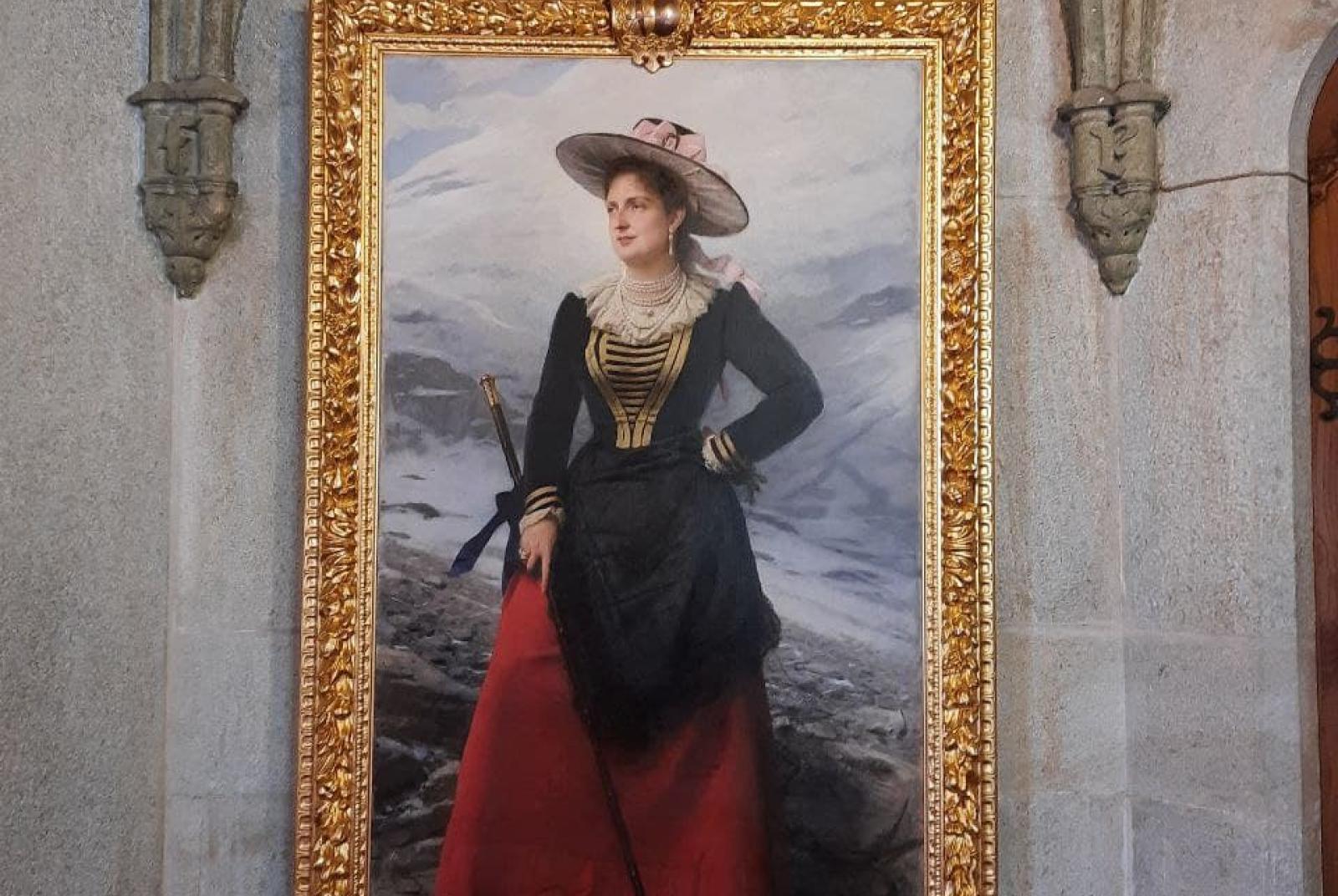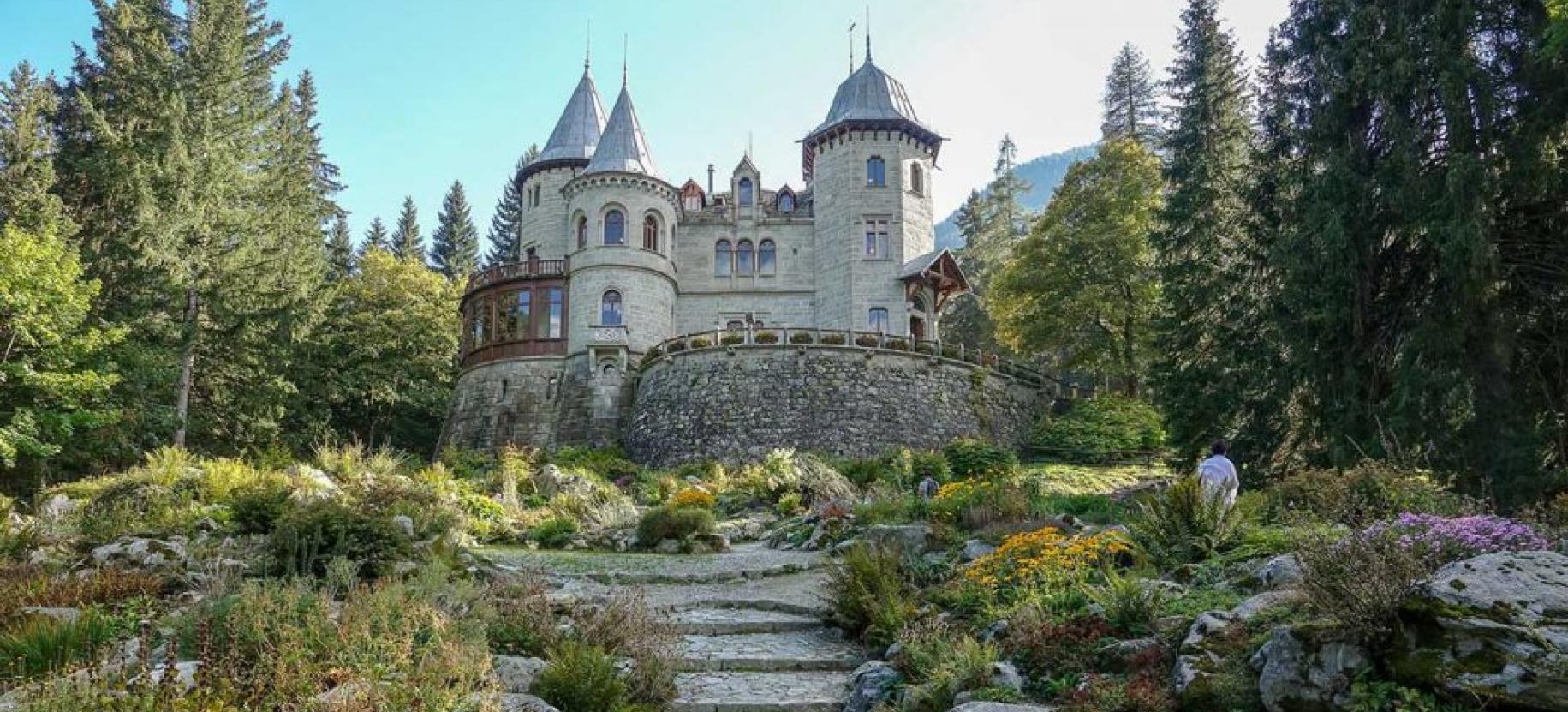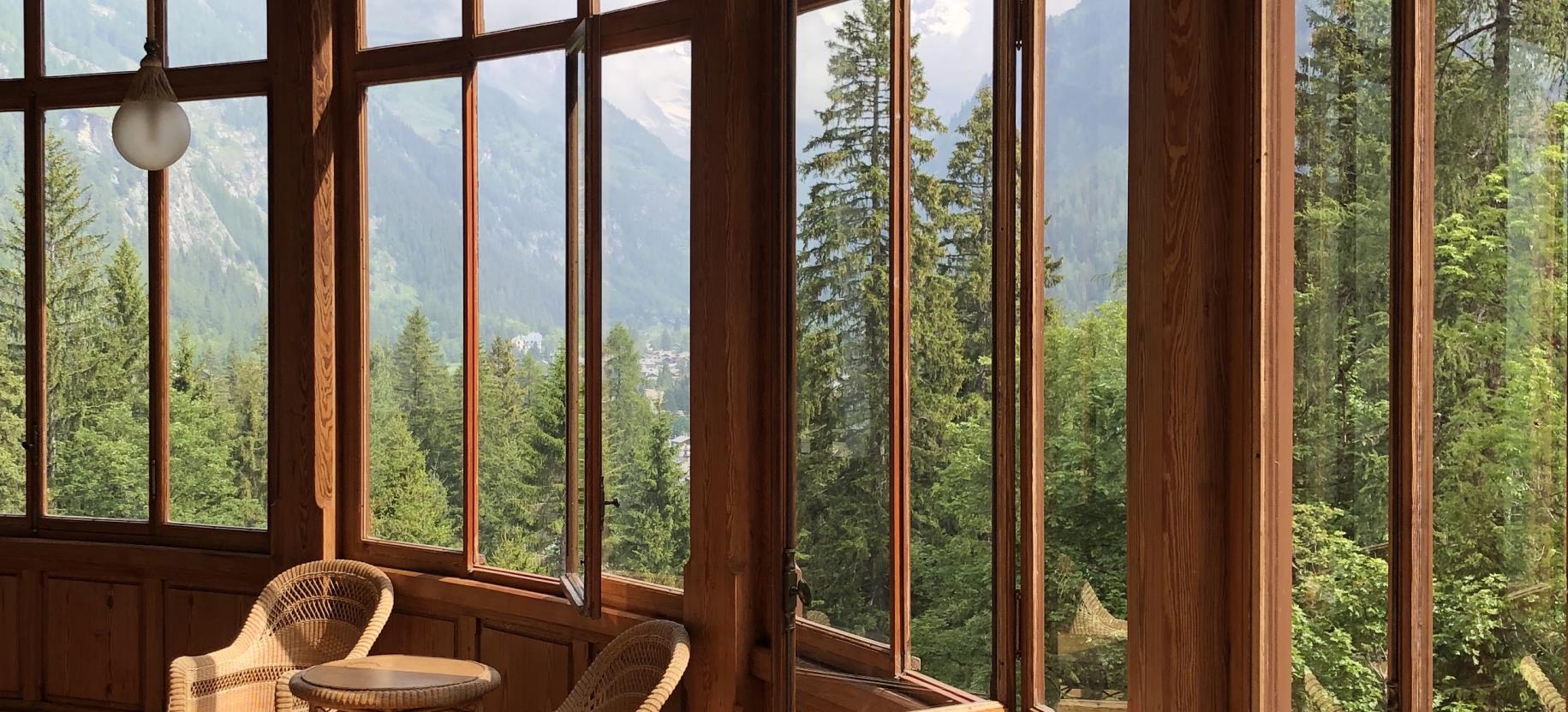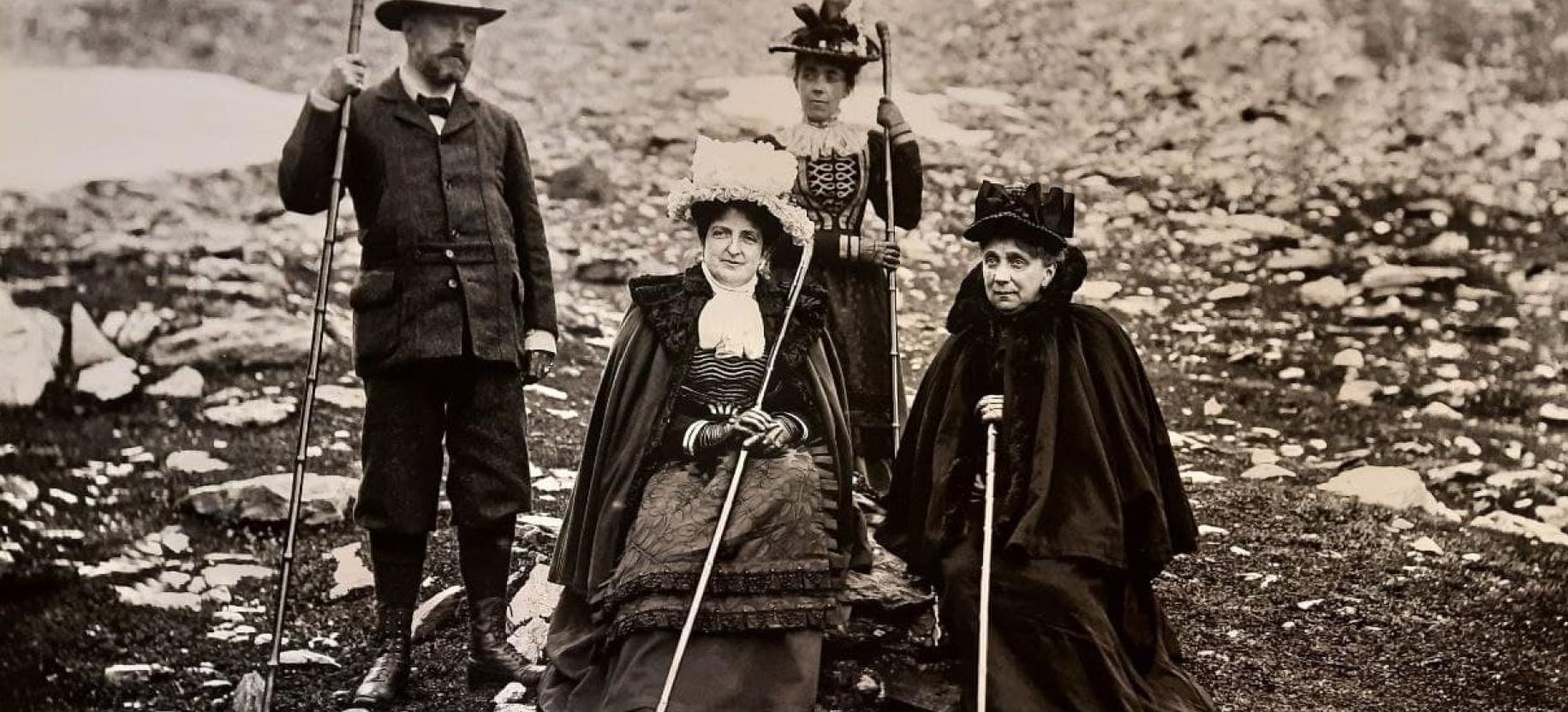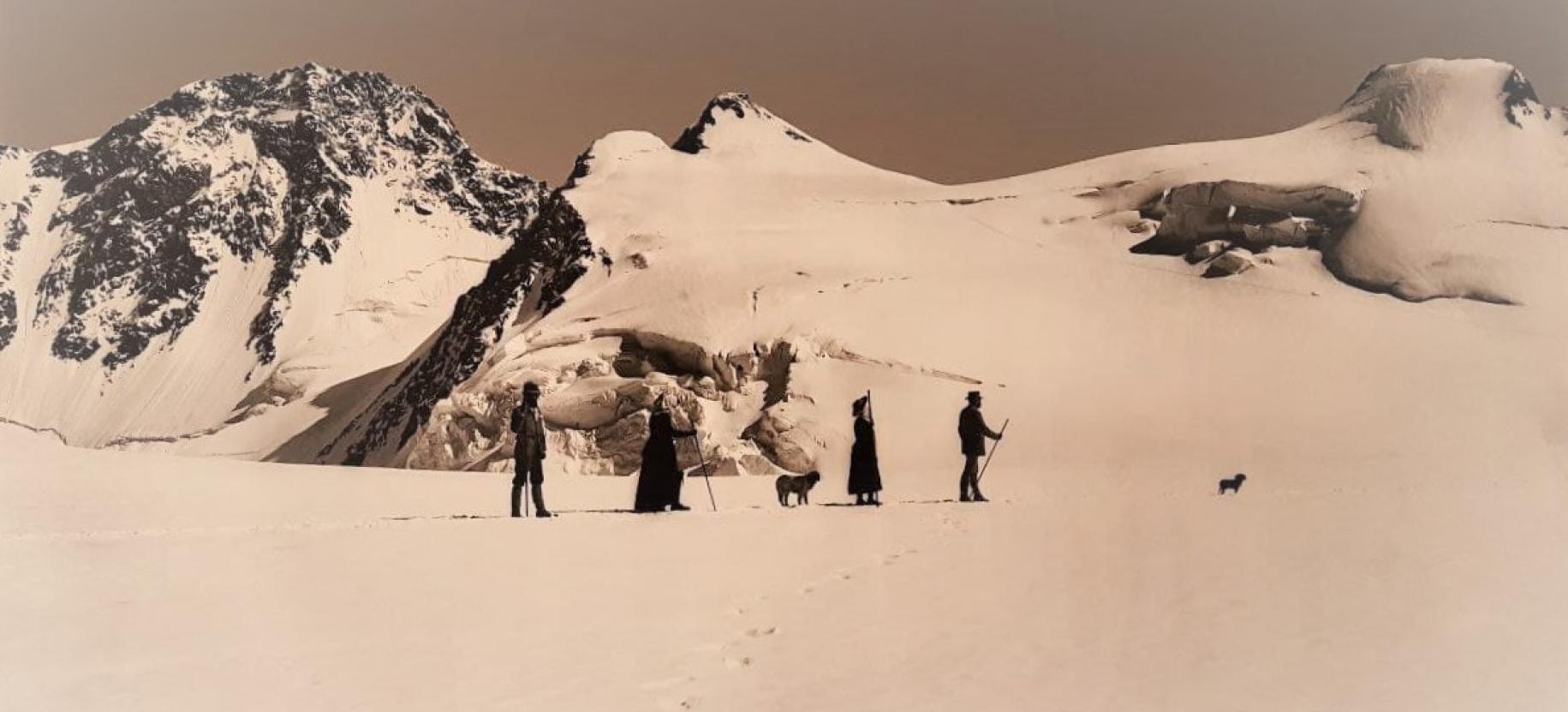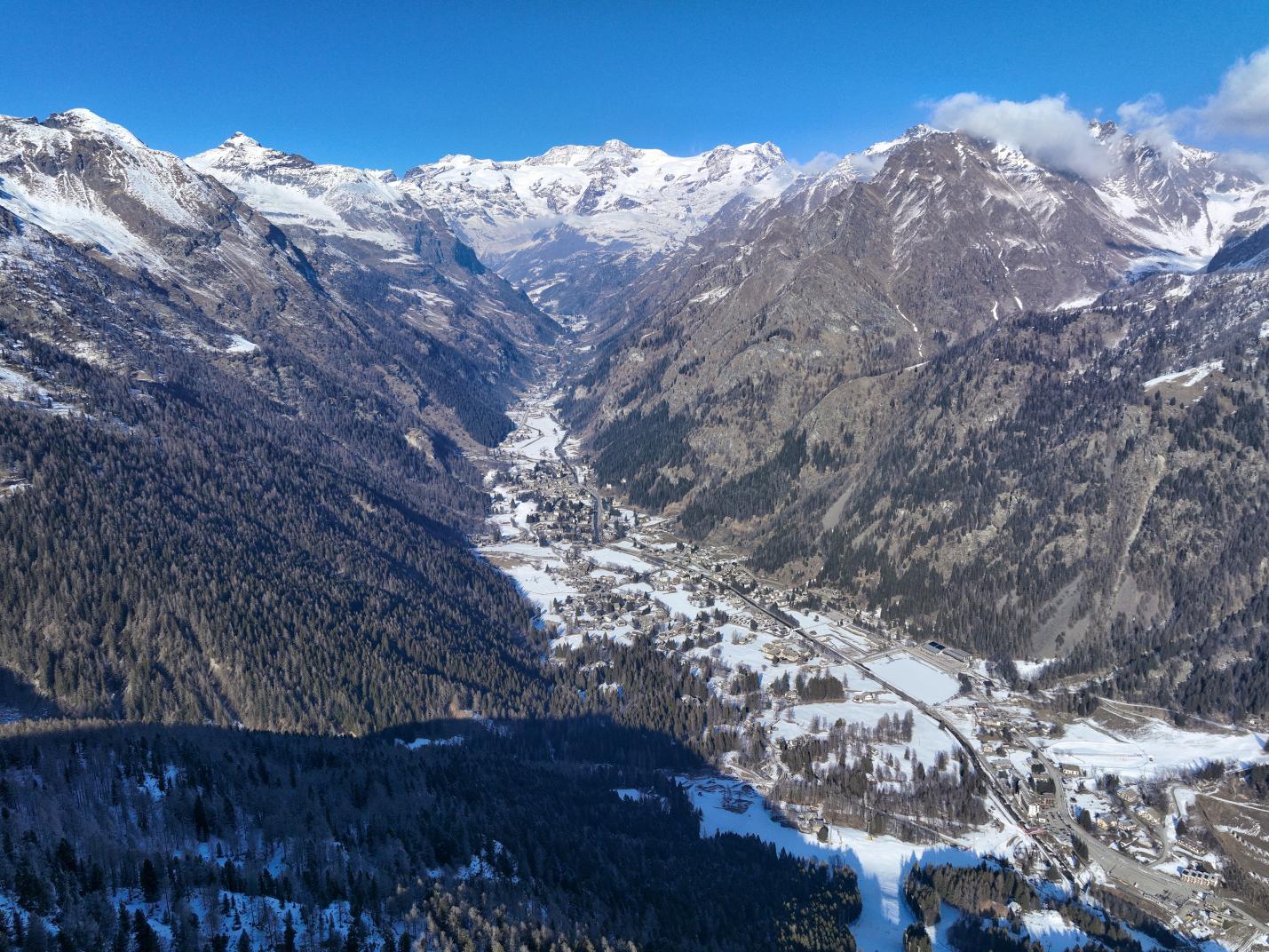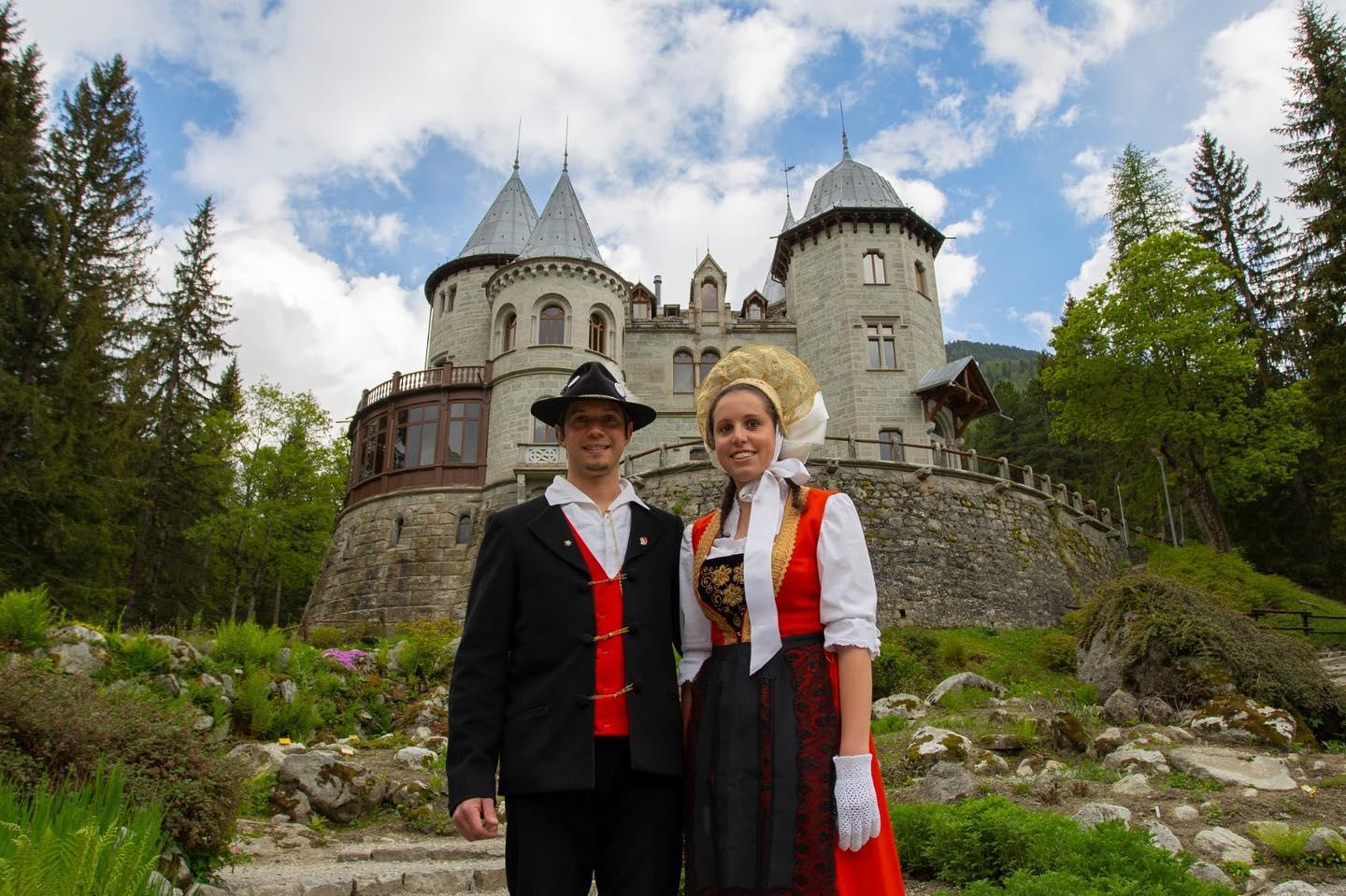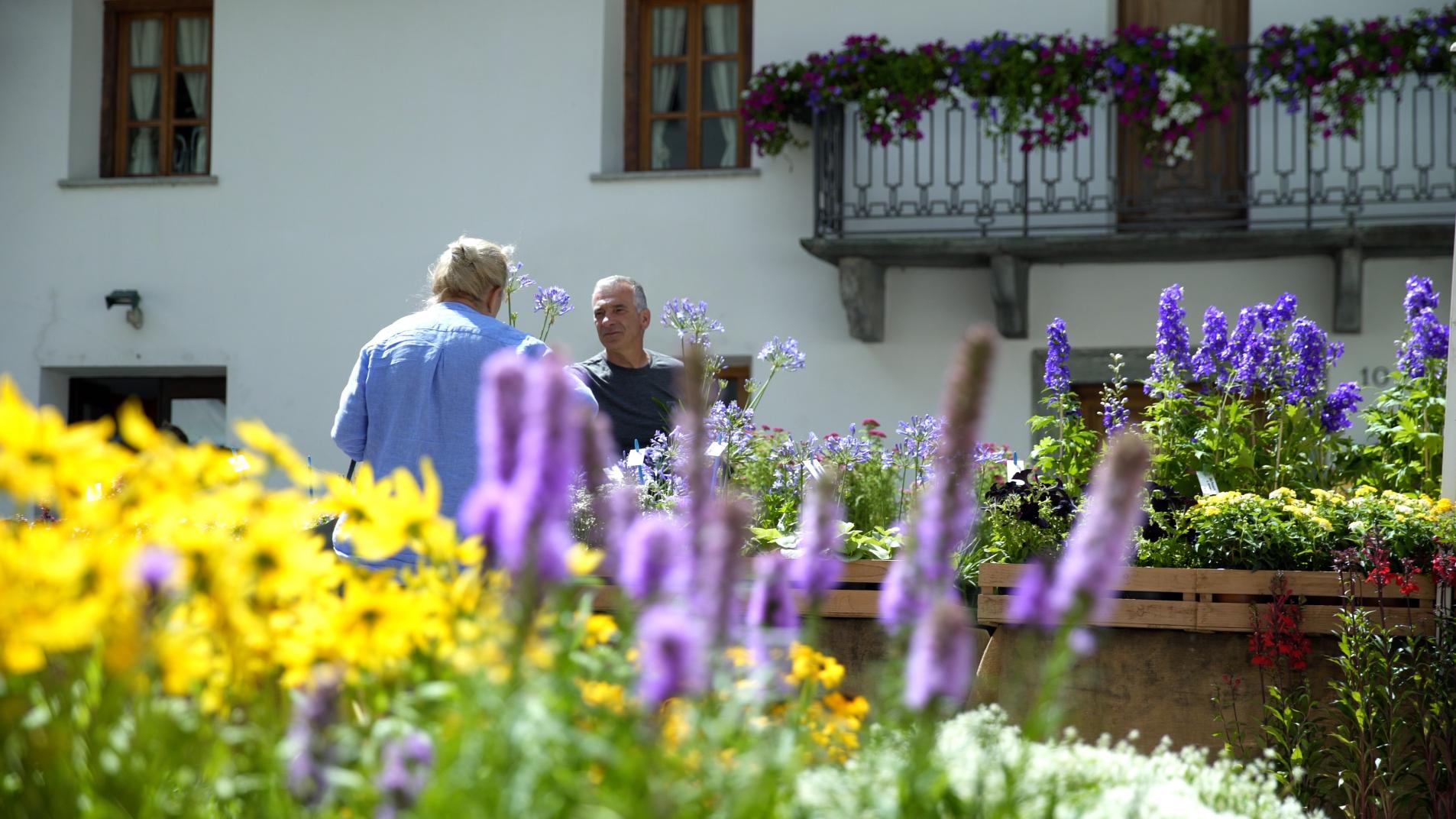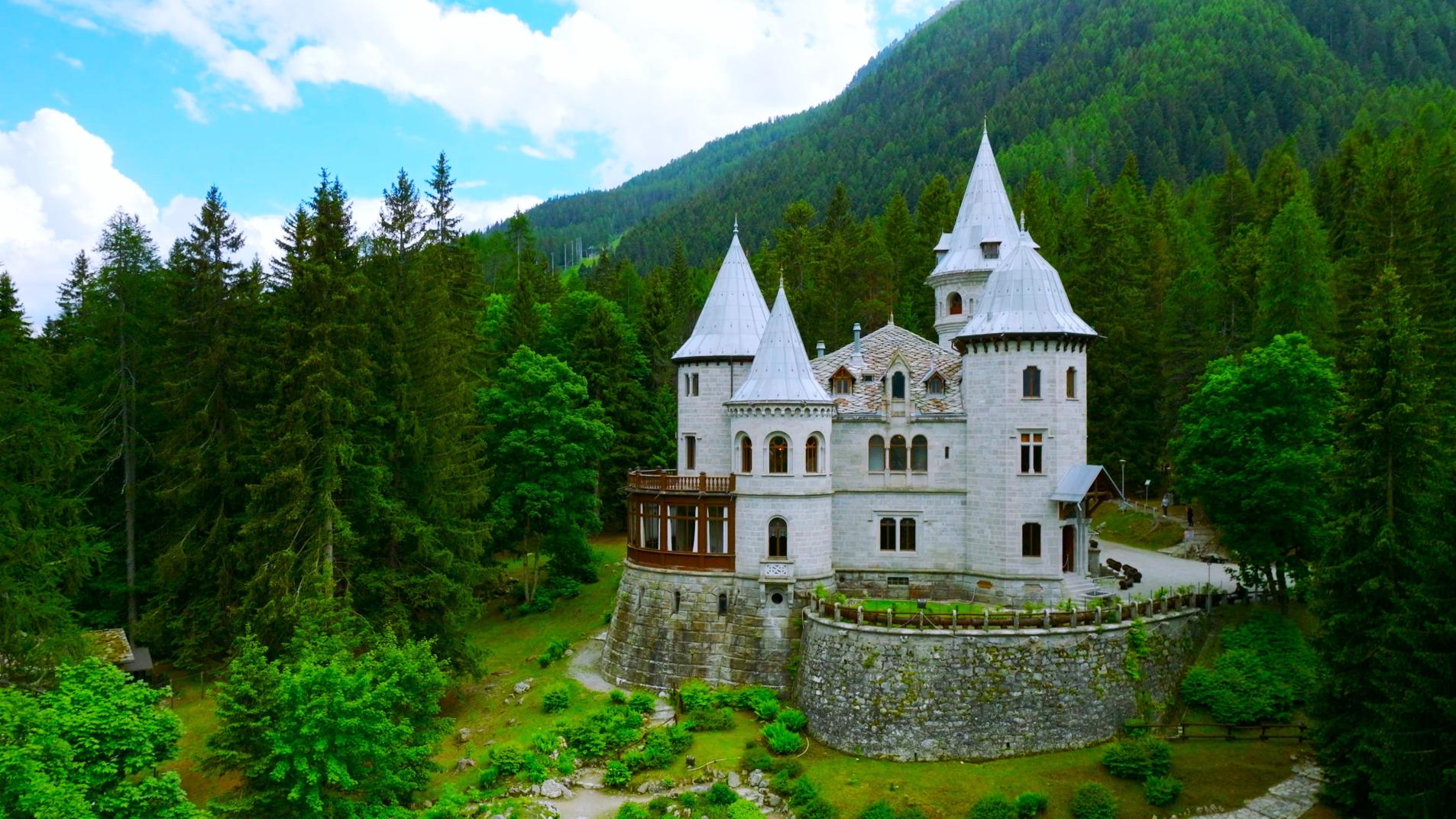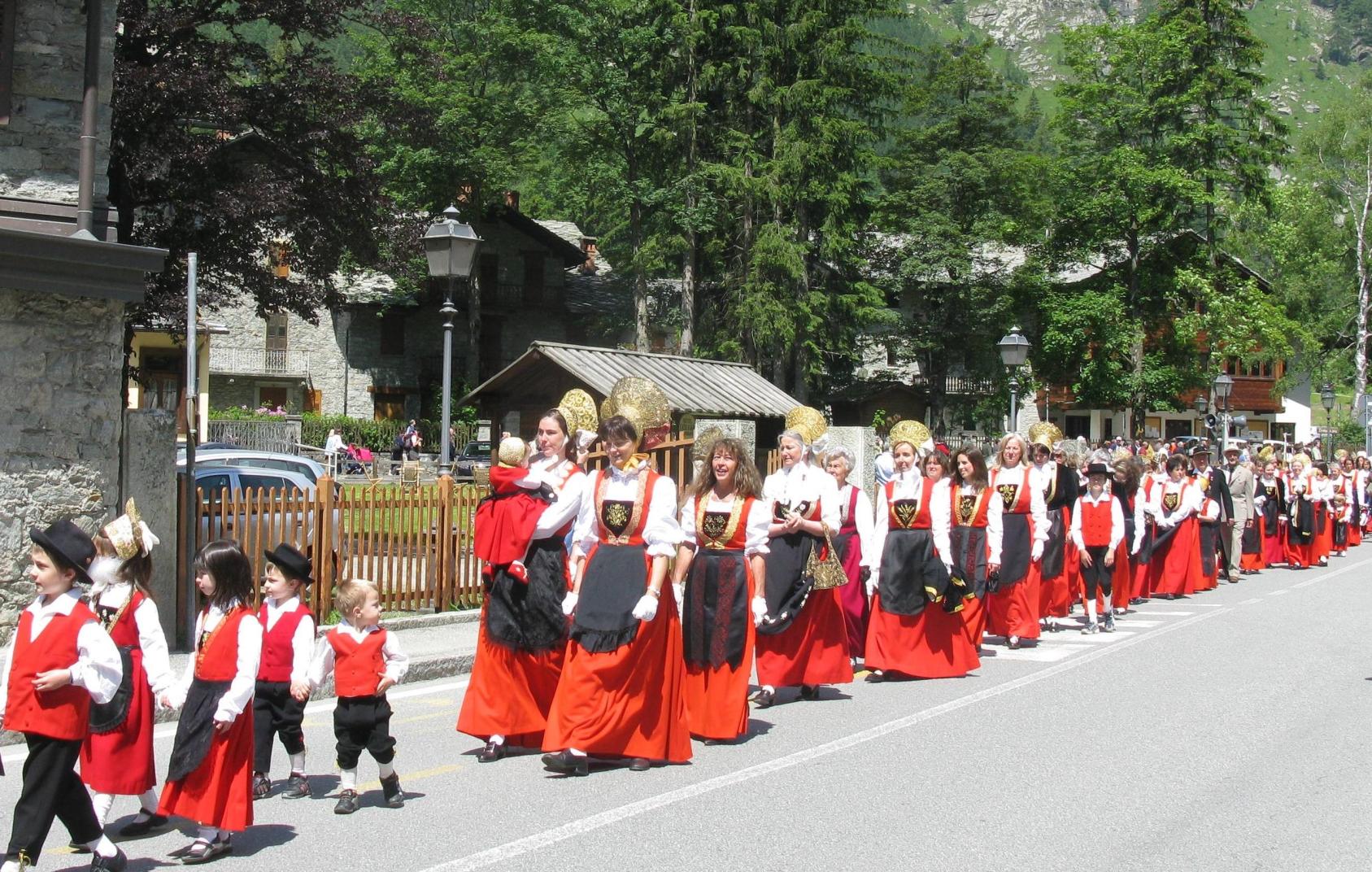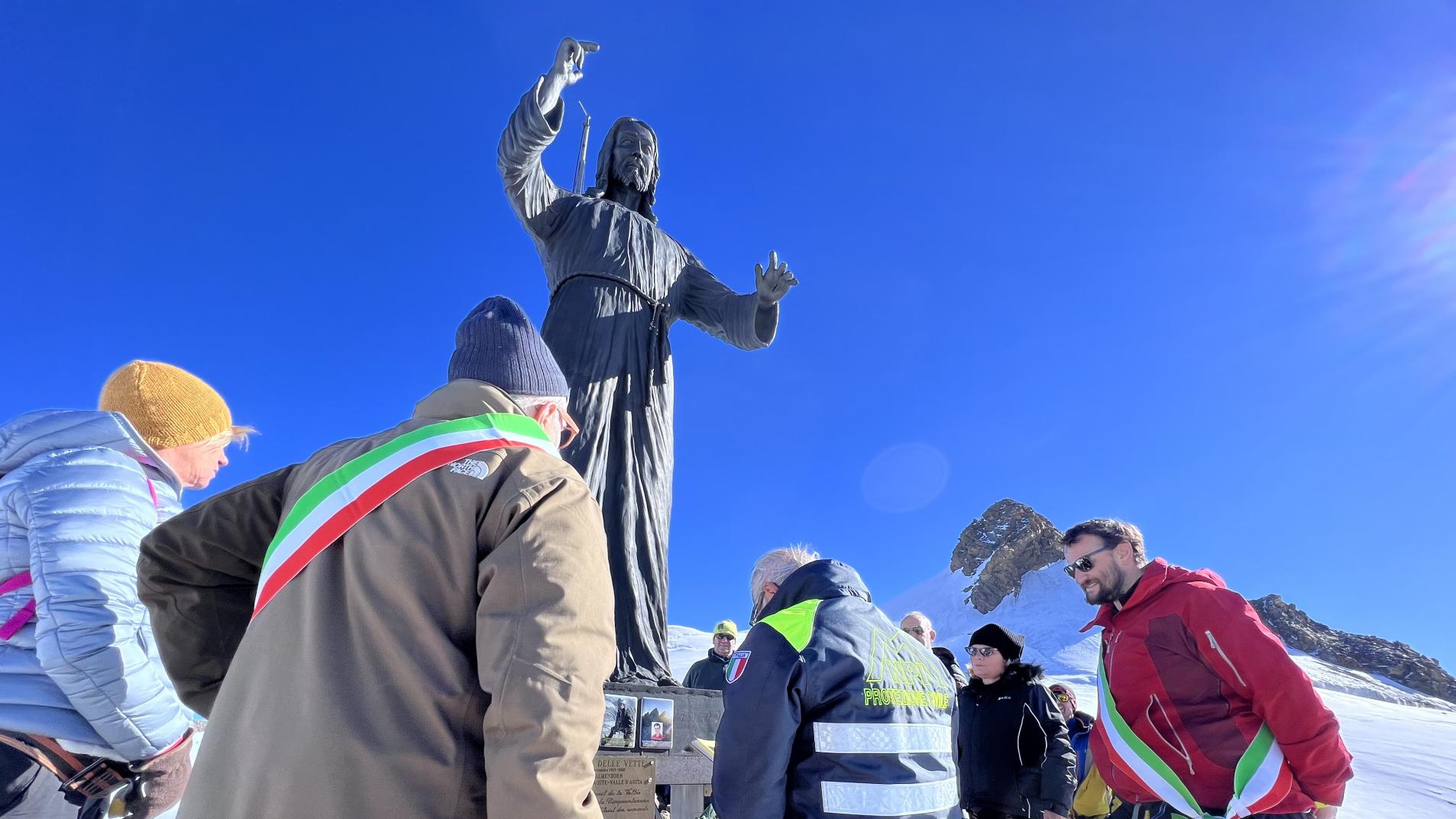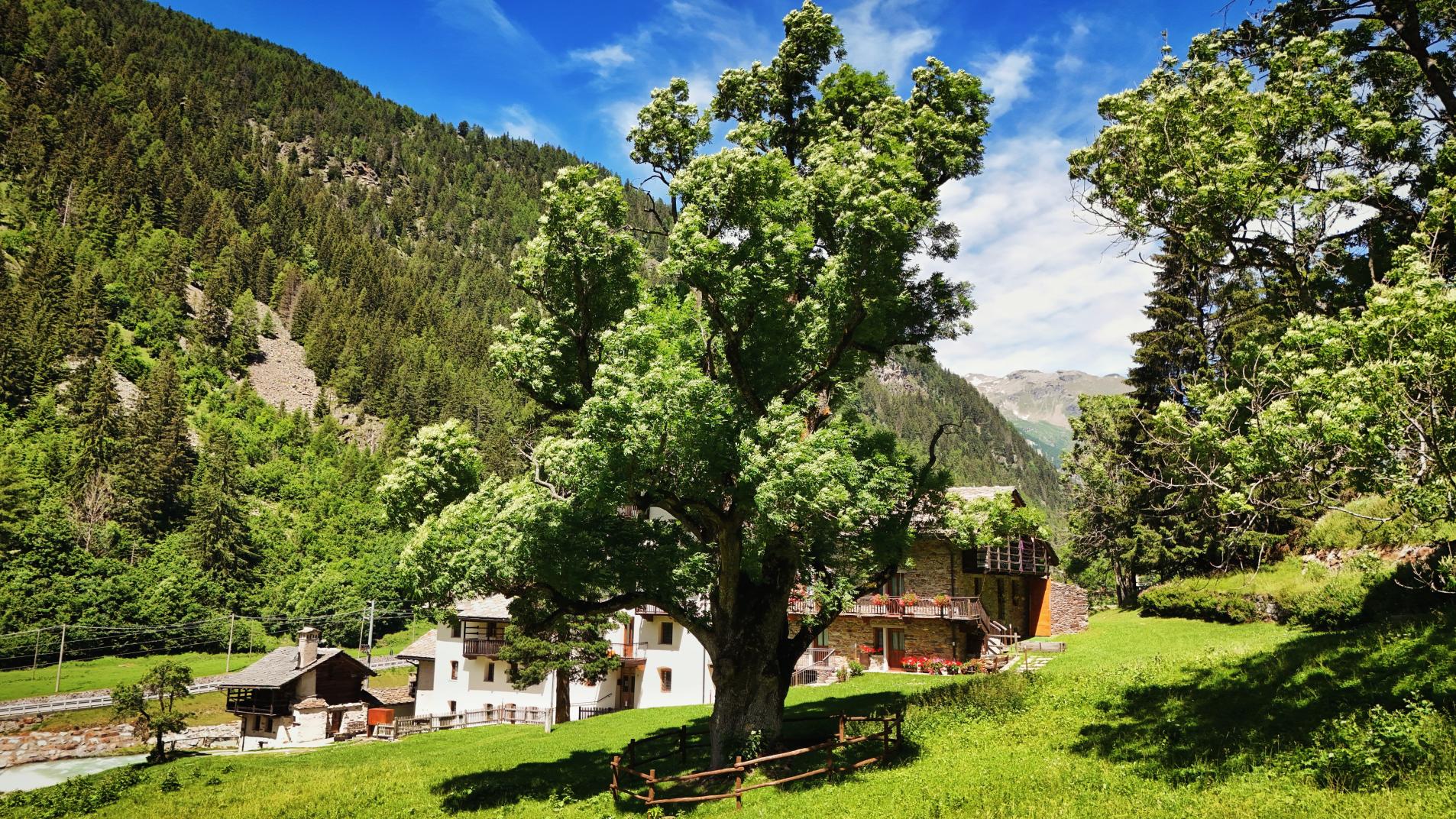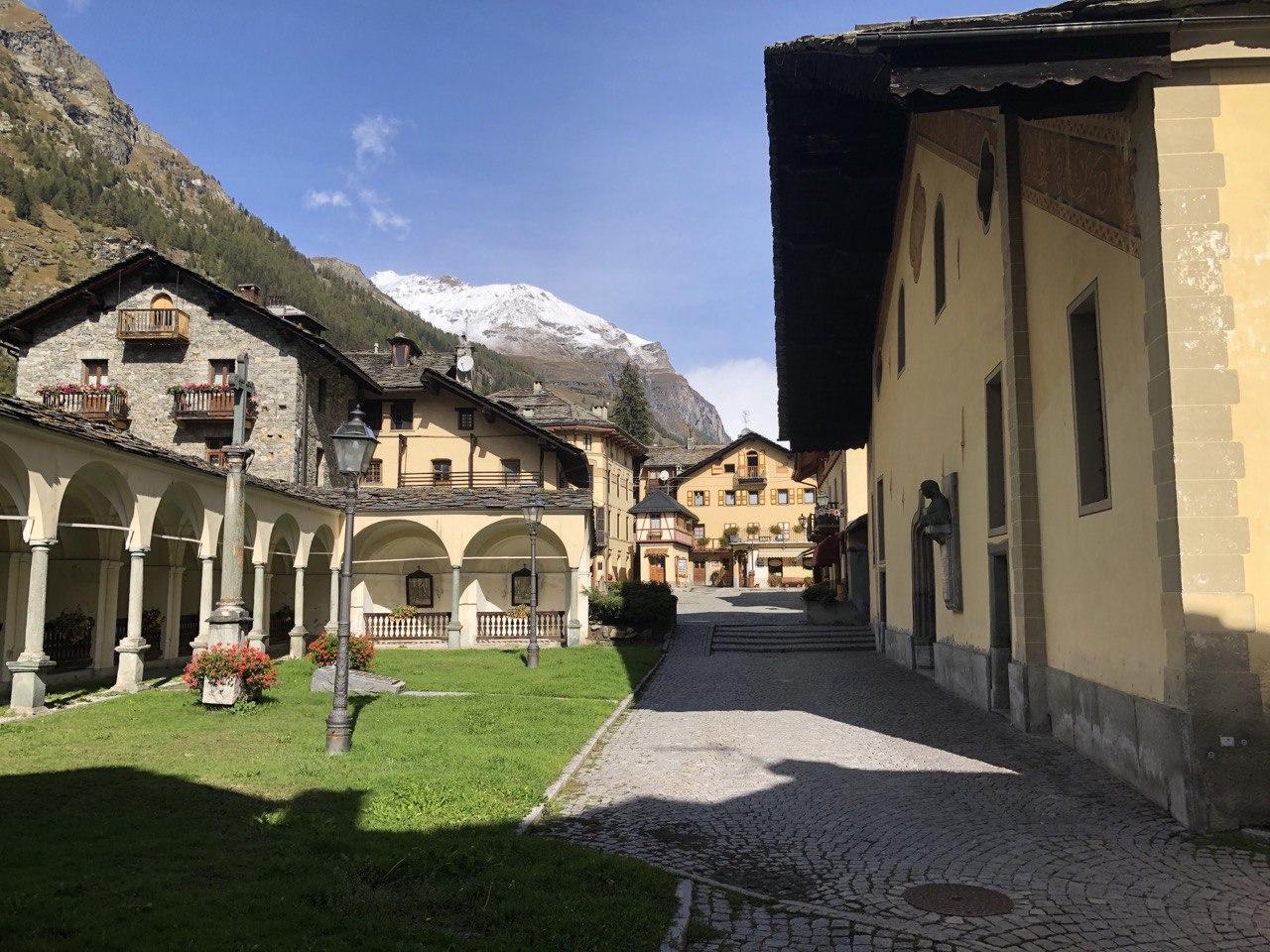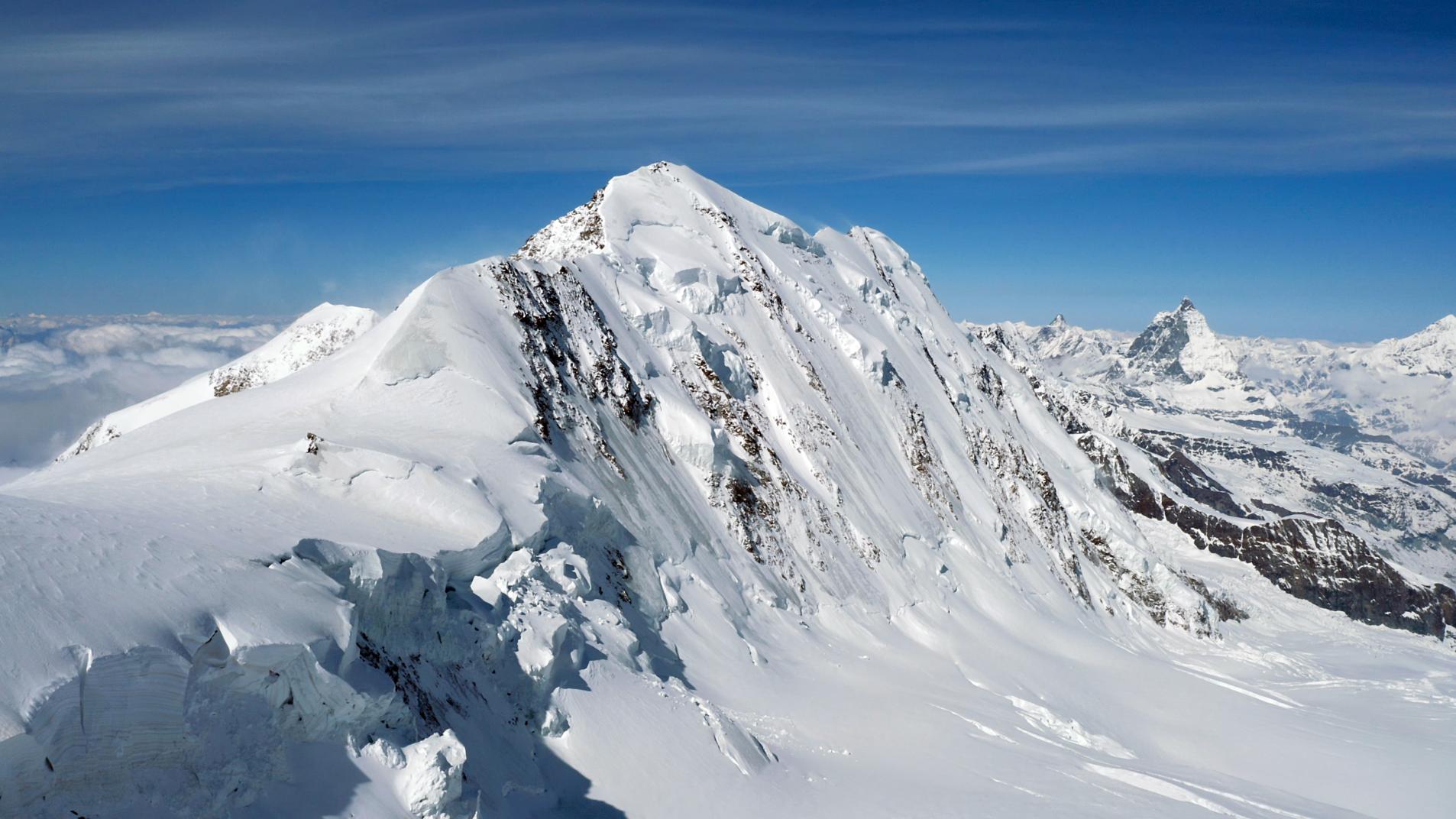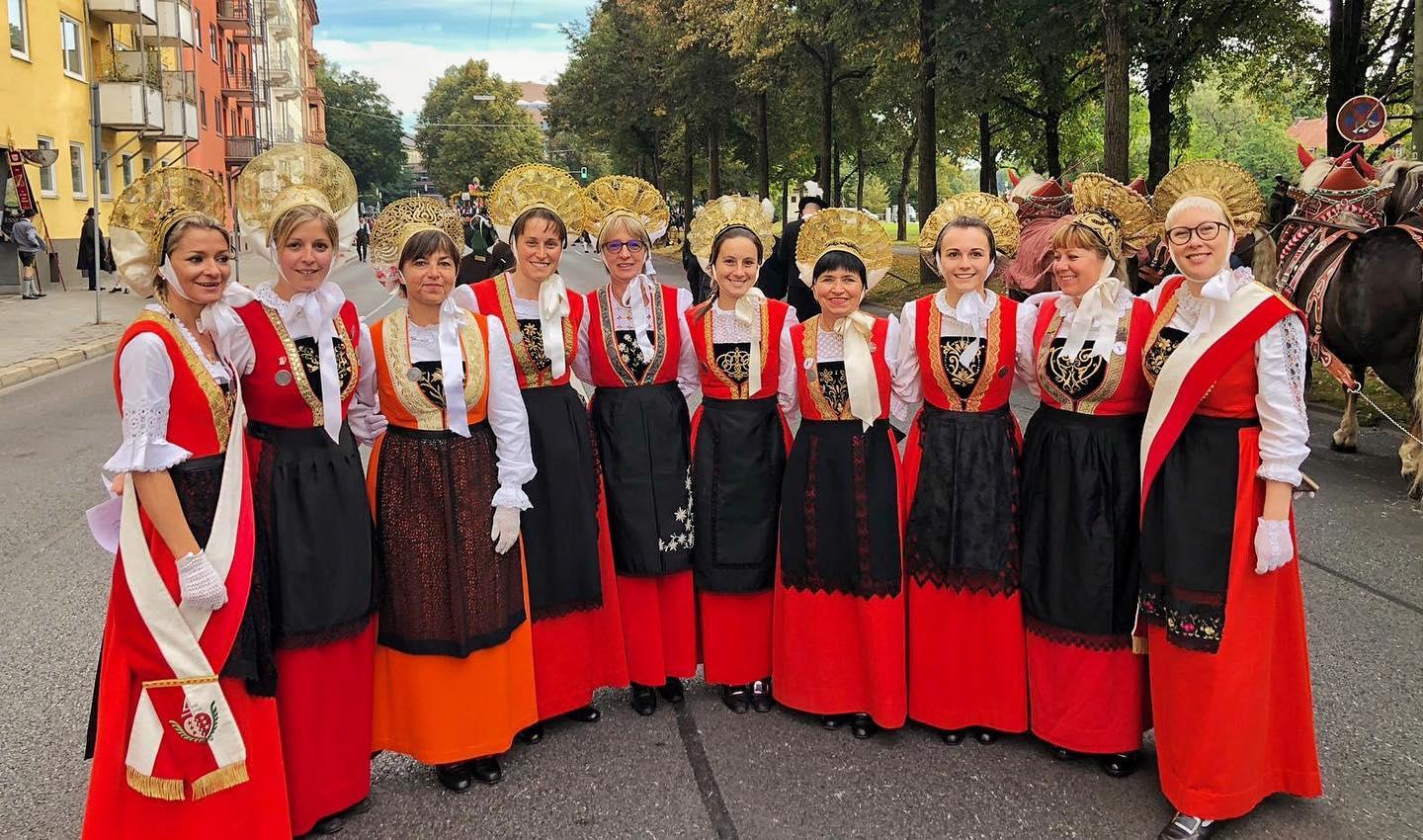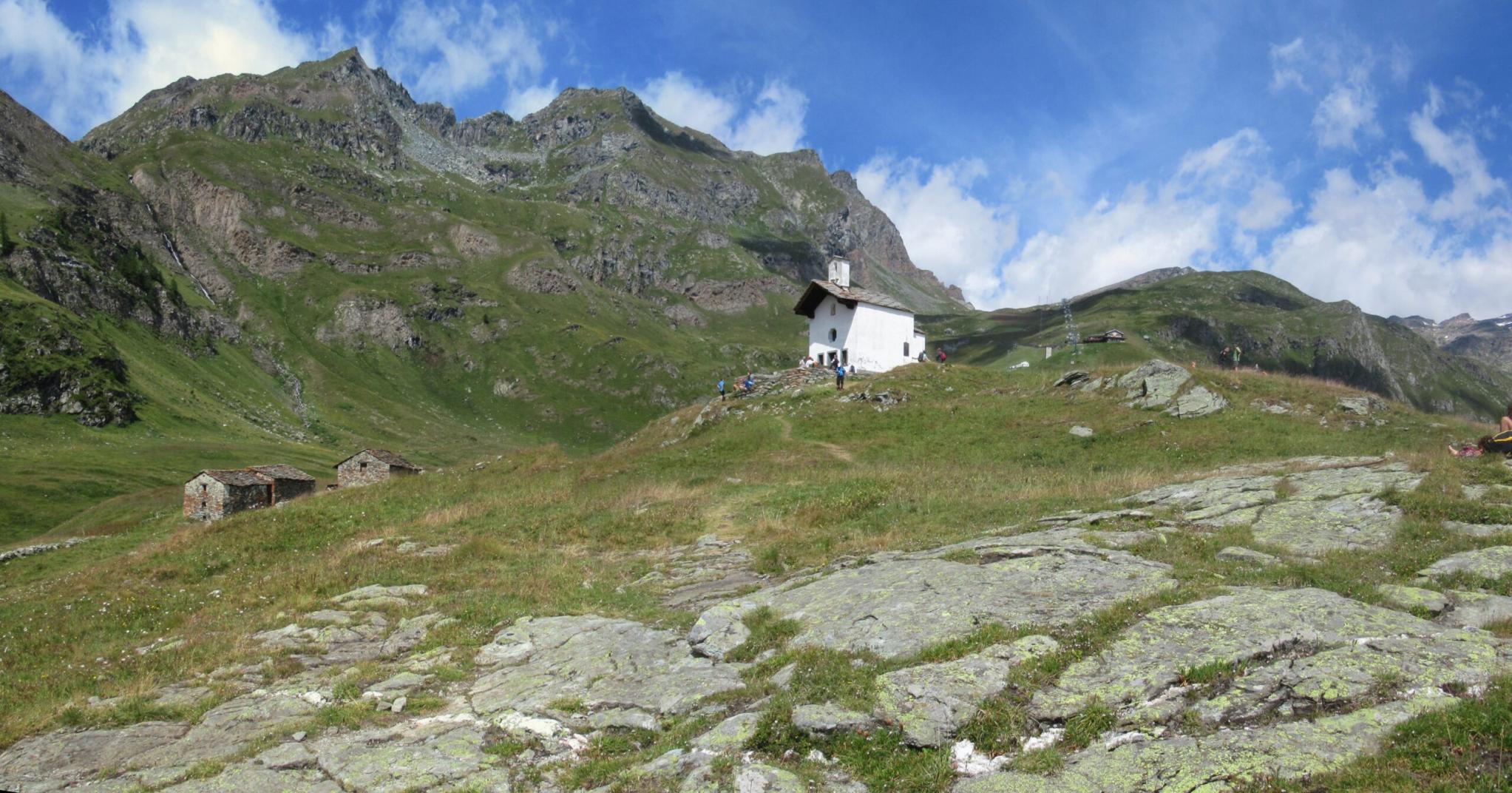Queen Margherita of Savoy, born on 20 November 1851 and died on 4 January 1926, was the Queen Consort of Italy from 1878 to 1900, marrying King Umberto I of Savoy.
She was known for her interest in mountains and mountaineering, and is famous for being the first woman to climb Monte Rosa.
Monte Rosa is the highest mountain in the Pennine Alps chain and the second highest peak in the European Alps, located on the border between Italy and Switzerland. Queen Margaret of Savoy's ascent of Monte Rosa took place on 18 August 1889. She left from Gressoney where she owned her famous summer residence, the Castel Savoia.
The Castel Savoia offered her a privileged view of Monte Rosa. This breathtaking panoramic view certainly fascinated her and inspired her mountaineering passions.
Regina Margherita di Savoia's ascent of Monte Rosa was a significant event, as she was the first woman to reach the summit. This represented an important milestone for female mountaineering and inspired other women to venture into mountain climbing.
She was important in promoting interest in the mountains and challenging traditional gender roles in the society of the time.
Margaret of Savoy's presence brought several benefits and enrichments to Gressoney in several ways.
Firstly, Queen Margaret helped to promote tourism in Gressoney and the surrounding region. Her regular attendance of Gressoney as a holiday resort attracted the attention of other influential people of the time, who came to visit the area to follow the queen's example. This led to an increase in tourism in the region, benefiting the local economy and encouraging the development of tourist infrastructure.
In addition, Queen Margaret showed great interest in art and culture. During her stays in Gressoney, she promoted and supported local arts and crafts. She encouraged the production of traditional Valdostan artefacts, such as textiles, embroidery and carved wooden objects. This stimulated the local economy and preserved the region's craft traditions.
Finally, Queen Margaret promoted the conservation of the natural environment of Gressoney and the surrounding Alps. She was an advocate of nature conservation and was actively involved in the preservation of the Alpine landscape. This helped to preserve the natural beauty of Gressoney for future generations and to promote ecotourism in the region.
In summary, Margaret of Savoy's presence in Gressoney brought significant benefits to the economy, art, culture, social welfare and environmental conservation. Her love for Gressoney left a lasting impression on the local community and contributed to making Gressoney a place of great historical and cultural value.

